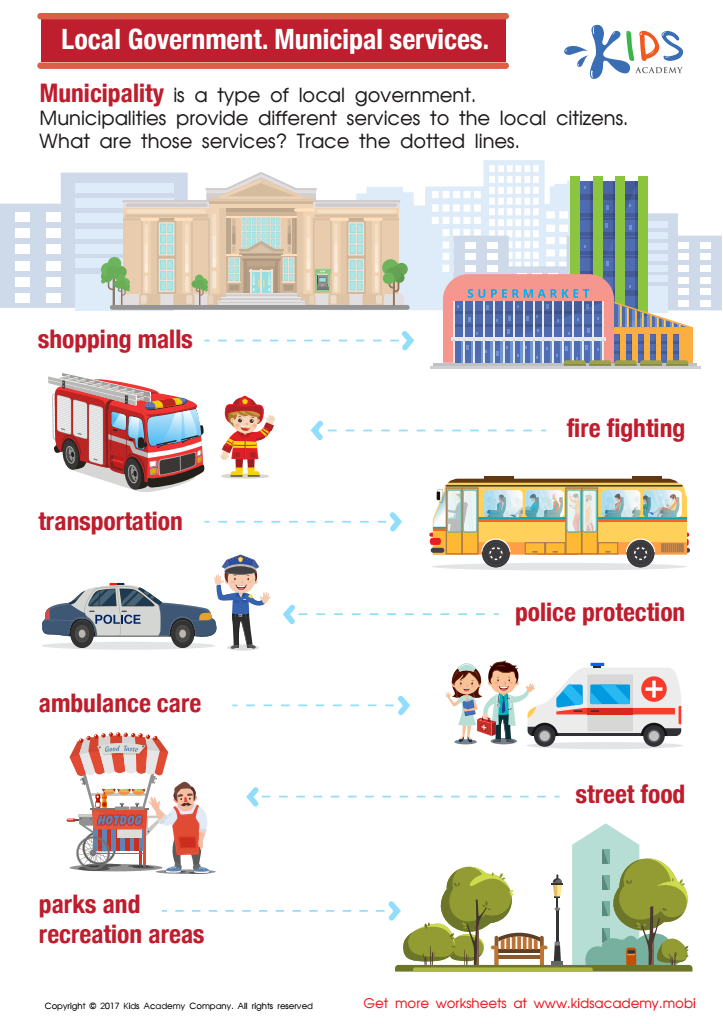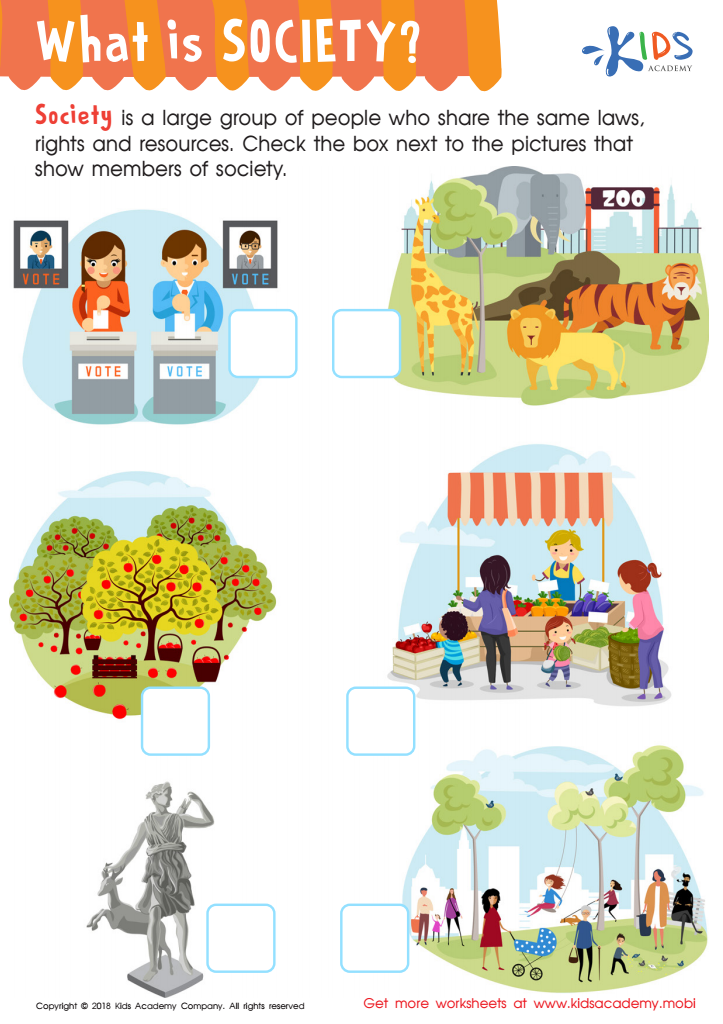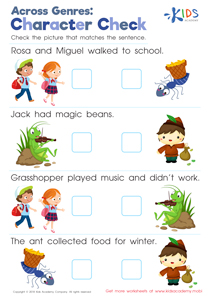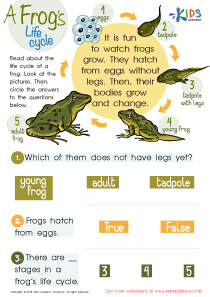2.9c Economic Systems worksheets With Answers for Grade 2
2 filtered results
Difficulty Level
Grade
Age
-
From - To
Subject
Activity
Standards
Favorites
With answer key
Interactive


Local Government Worksheet
This local government worksheet helps 3rd graders learn about important local entities that impact our cities. Kids will make a connection between community services and local municipalities.
Local Government Worksheet
Worksheet


What Is Society? Worksheet
Ask your students to define 'society'. Then, have them name some of the people and buildings that make up a society. To clarify, explain that societies are made of large groups of people who share laws, rights and resources. Finally, have them check the box next to the pictures that depict members of society.
What Is Society? Worksheet
Worksheet
 Assign to the classroom
Assign to the classroom












